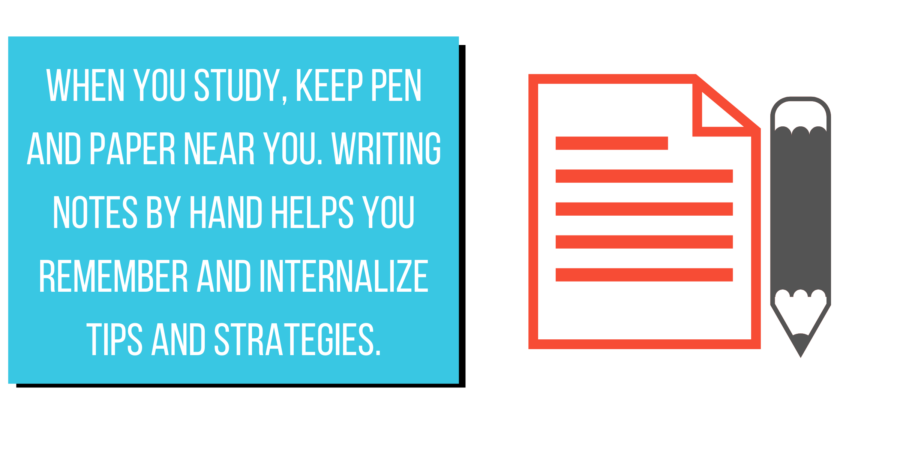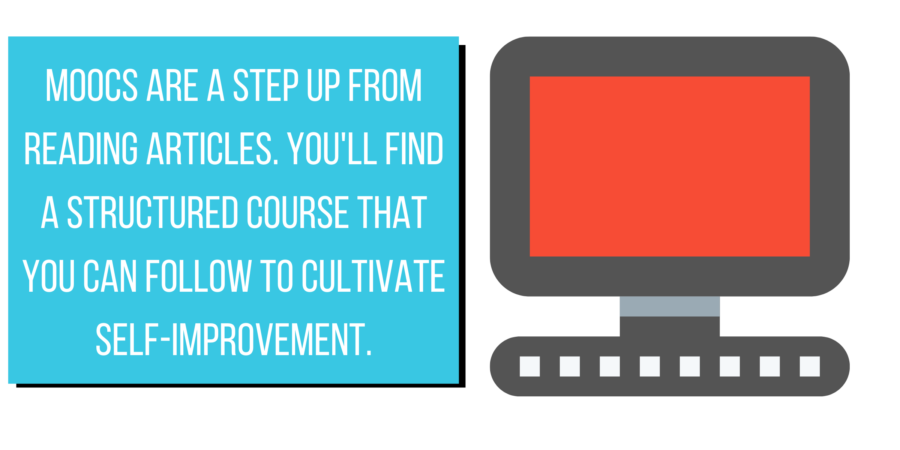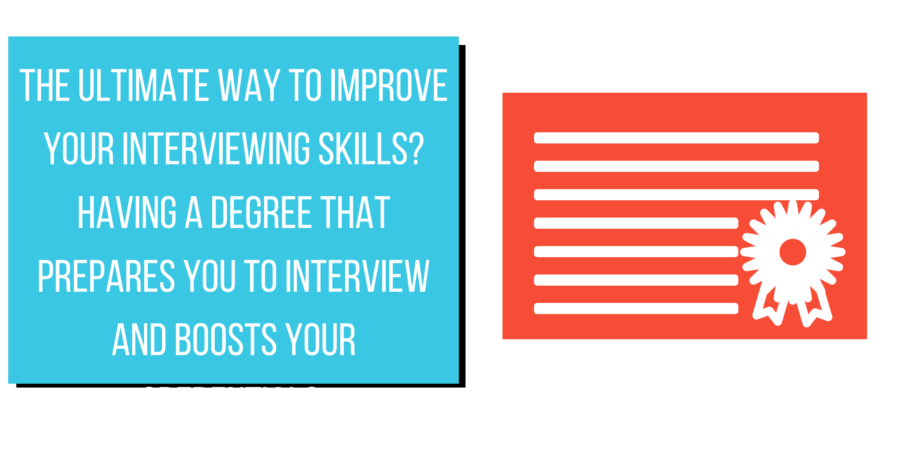Interviewing is tricky. By the time you’ve reached one, you know that you’re a candidate for a job you want. You also understand that whether you get it will, at least partially if not majorly, depend on how you perform. You need to prove to an interviewer that you can do the job, that you’d fit into the organization you’d be joining, and that you have qualities that separate you from the other candidates they’re considering.
However, you don’t know precisely what your interviewer is looking for from you. You don’t know the actual organizational culture compared with how it’s presented publicly. And most of all, you might not know how to answer questions that seem designed to trip you up. Interviews can feature open-ended questions about yourself that you’re not asked very often. What are your strengths? Weaknesses? How would you handle a specific scenario you might not have encountered? You might ask yourself how honest should I be? What are the answers they’re looking for?
The first thing to accept is you don’t know exactly what the interviewer wants to hear. That’s OK. As for honesty, it’s usually a good policy, but with limits. You want to showcase the traits, talents, and experiences that got you in the door, and read their body language and verbal responses to your answers appropriately, then recalibrate your approach organically as the interview continues. That doesn’t help much for preparing for interviews, which is what this guide is covering.
Fortunately, there are many tools at your disposal that can help you become a better interviewer and give you insights into what will make you successful in these stressful situations. Accepting what you can’t control, and preparing diligently can go a long way to increasing confidence you’ll need to thrive in these tough spots. The more you feel comfortable and confident, the more that will read to an interviewer. Remember, the person interviewing you has been in your position before. They’ve likely been nervous and dealt with the same stresses you’re encountering. You want to put them at ease and do the best you can, and that’s what they’re hoping for from you, whether you’re going to get the job or not.
So, how do you start learning to interview? There are several options. Let’s work from the most DIY up to more structured opportunities:
Self-Learning

There are many resources online that can help you become a better interviewer. The Balance Careers has an excellent guide on the subject. It suggests studying the company closely. Showing the interviewer that you’re prepared and knowledgeable about the company’s history and mission is invaluable. It also helps you describe how your skills and experience can assist in reaching organizational goals.
Avoiding common mistakes and knowing what they are is another great way to prepare for an interview.
The Muse has written a more in-depth guide to preparing for interviews. It offers 30 sharp tips that can give you a winning strategy for interviewing. It prizes a sense of what questions will likely be asked and having answers for common open-ended questions about yourself. Don’t forget how you present yourself! This guide addresses what you wear, what you bring with you to an interview, and how to prepare mentally to discuss what you’ve done in your career in a way that’ll be appealing to specific organizations.
Job listing companies like Monster and Glassdoor have helped many people find employment. They’ve also written guides to help you interview.
Another way to look at interviewing is to put yourself in the position of the interviewer. Think about what they want, what they’re likely to ask, and read up on how they’ve prepared for your interview. Here’s an e-book that addresses interviews from that perspective.
So you’ve done some self-guided study on interviewing. What’s next? Let’s move on to some more structured approaches:
MOOCS

MOOCs are Massive Open Online Courses. They let anyone study planned curriculum to enhance their understanding of topics they might know something to nothing about. For the most part, they’re free, although there may be some elements you need to pay for like certifications or to take final exams.
There are several MOOCs on interviewing that you can access from home today. By spending a few hours over a few weeks, you can gain interviewing skills that will serve you for a lifetime of hunting and devouring new work opportunities. Some of the Interviewing MOOCs you can access include:
- Successful Interviewing (Coursera): Presented by Coursera, an online learning platform created by Stanford professors, this MOOC is created by the University of Maryland, College Park.
- It takes five weeks to complete this course, spending about 3 hours a week on it.
- This course covers research, common questions including the daunting, “tell me about yourself” inquiry, making elevator speeches (short pitches), and much more.
- Advanced Interviewing Techniques (Coursera): University of Maryland, College Park also offers another follow up course that takes 5 weeks to complete, with 16 hours spent overall (about 2-3 hours a week.
- This course tackles behavioral interviewing techniques, answering questions about your weaknesses, turning towards your strengths, asking your own questions during the interview, and phone interviewing, among other topics.
- Both of these courses are part of a larger “Interviewing and Resume Writing in English Specialization.”
- How to Succeed at: Interviews: The University of Sheffield offers this course for free through FutureLearn.
- You’ll need to commit about three hours a week for three weeks in this course.
- This course is designed for people beginning their career, or people who haven’t interviewed in a while and need to practice.
- Resume, Networking, and Interview Skills: This course is offered by Fullbridge through edX. It takes 1-2 hours a week to complete, and it’s suggested you finish it over 4 weeks.
- This course can be completed on your own schedule. It tackles applying, networking, and of course, interviewing. It’s broken into four sections: your resume, networking, interview skills, and a final assessment/course recap.
If you want to build skills in interviewing while earning a degree that can help you land jobs, look no further:
Degrees in Human Resources, Public Relations, Communications, and Business

You can prep for interviews all you want, but having the goods to land a job has a lot to do with your resume and credentials.
There are several degrees that are specifically aimed at creating graduates that have skills that specifically apply to interviewing. If you haven’t earned a college degree, that goes a long way on interviews in itself.
Depending on what level of education you’ve reached, you might consider taking one of these programs at the undergraduate, graduate, or doctoral level. It won’t just make you better at interviewing, it’ll give you significant networking opportunities and give you skills you can apply to qualify for career positions you likely wouldn’t be able to otherwise.
Here are some degrees that will make interviewing natural, because they depend on frequent communication, especially in business and other organizational settings:
- Journalism: Journalists spend significant time collecting facts, talking to people, and essentially conducting interviews of their own. When you have that experience, it’s far easier to be on the receiving side of an interview yourself. You’ll have experience reading people and analyzing the intentions and desires beneath their words and body language. Journalism graduates go on to work in all kinds of positions, and for organizations in and out of traditional media.
- Human Resources: Human Resource professionals work to maximize performance, make sure the talent at an organization cooperates, and handle aspects of training, compensation, rewards, operational management, and at times interviews. In human resource degrees, you’ll learn to speak the language of corporations or large organizations. You’ll understand what hiring managers want, and prove that you’re invaluable to the ongoing operation of vastly different businesses and non-profits.
- Public Relations: Public Relations professionals look at businesses, clients, and agencies, understanding that their success relies on how the people they serve or interact with perceive them. You’ll study how to build and enhance relationships, weather storms and remain relevant despite adversity. All of these traits are essential to success in interviewing.
- Communications: This is pretty elemental: interviewing is about efficiently communicating why you’d be a great fit for the job. Through building verbal and written communication skills, you’ll be ready to hit the ground running wherever you interview.
- Business: These degrees always focus on business fundamentals. If you understand how an organization functions, you’ll be far more adept at describing how you’d fit into it. You can take that knowledge and surprise interviewers with how comprehensively you understand their business. A major part of interviewing is taking the conversation from your accomplishments and transferring it to how you’ll enhance a larger structure. Business degrees will give you a sense of how to do precisely that.
How to Learn to Interview in Conclusion
We hope you’ve found this guide helpful. We’ve walked you through how to use self-study, free courses, and university degrees to your advantage in interviews. The rest is up to you. Go get it!
